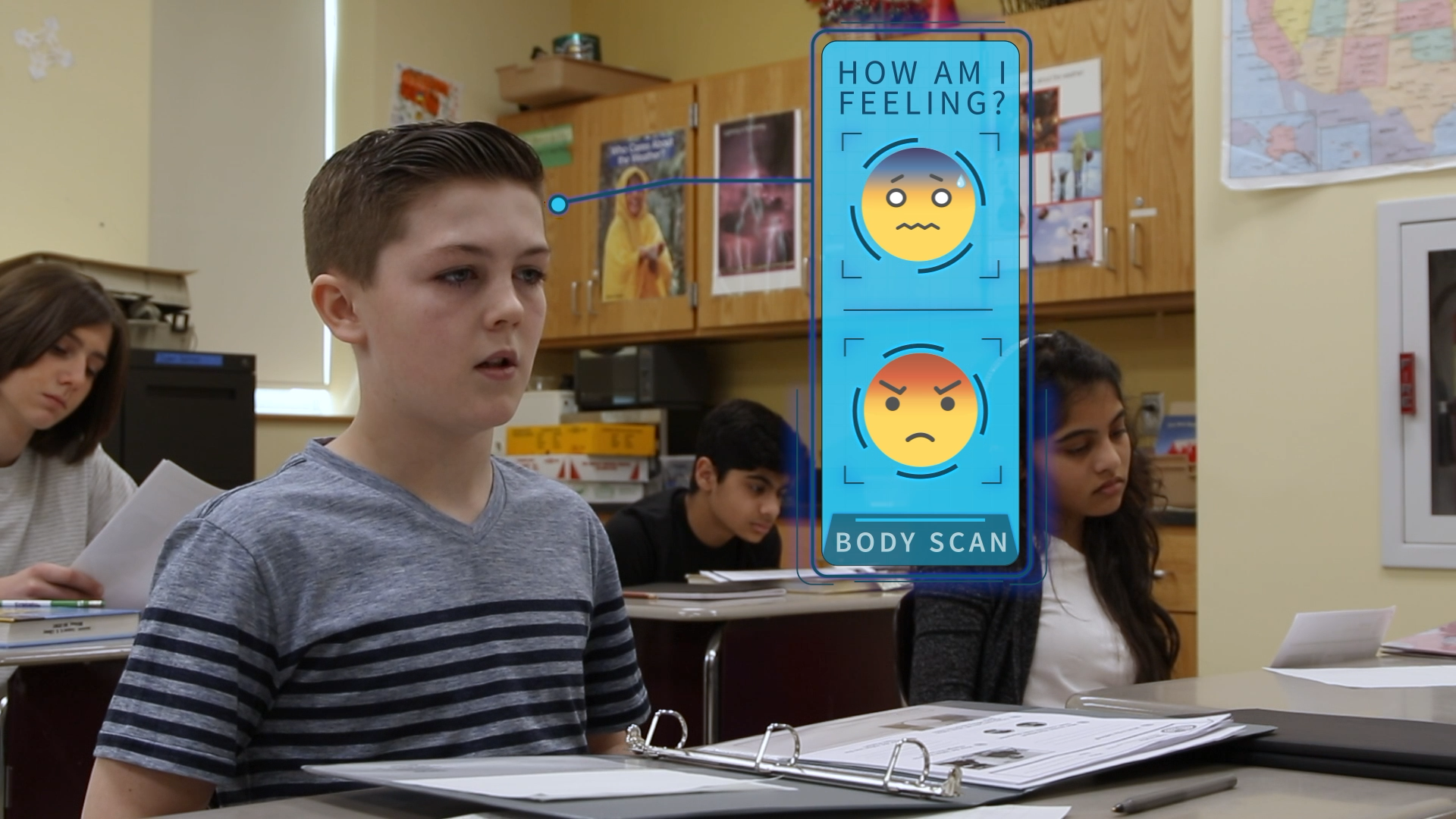
Introduction
Self-control is an essential skill for students, especially those in Special Education programs. Developing self-control can lead to better classroom participation, improved social interactions, and increased emotional well-being. One effective tool for teaching self-control is the Self-Controller Scanner. This strategy helps students identify when they are losing control and provides them with practical steps to regain composure. In this blog post, we will discuss the Self-Controller Scanner, provide a no-prep activity for educators, and offer discussion questions for deeper understanding.
No-Prep Activity: The Self-Controller Scanner Role-Play
This activity requires no preparation or materials from the educator. Begin by dividing the class into small groups of 3-4 students. Assign one student in each group to be the “teacher” and the others to be “students.” Have the “teacher” present a situation where a student is losing control, such as forgetting their homework or becoming frustrated with a task. The “students” must then use their Self-Controller Scanner to identify their feelings, thoughts, and potential strategies for regaining control.
Encourage the groups to switch roles and practice different scenarios. Afterwards, bring the class together for a group discussion, allowing students to share their experiences and the strategies they found most helpful. This activity not only helps students practice using the Self-Controller Scanner but also promotes empathy and understanding among classmates.
Discussion Questions
- Why is it important to be aware of our thoughts and feelings when we are losing control?
- What are some strategies you can use to regain control when you feel overwhelmed or frustrated?
- How can practicing self-control improve our relationships with others and our overall well-being?
- Why is it important to have more than one strategy for regaining control in different situations?
- How can adults (teachers, parents, etc.) support students in using their Self-Controller Scanner?
Related Skills
The Self-Controller Scanner is just one of many valuable tools for teaching self-control and supporting students’ social-emotional development. Other related skills that can benefit students in Special Education programs include:
- Emotion recognition: Identifying and understanding the emotions of oneself and others.
- Problem-solving: Developing the ability to think through challenges and find appropriate solutions.
- Communication: Expressing thoughts and feelings effectively and respectfully in various social situations.
- Empathy: Understanding and sharing the feelings of others, leading to more compassionate interactions.
- Self-awareness: Recognizing one’s own strengths and weaknesses, as well as understanding how our actions impact others.
Next Steps
We hope this blog post has provided you with valuable insights and strategies for teaching self-control to students in Special Education programs. To further support your students’ social-emotional development, we encourage you to sign up for free samples of the Self-Controller Scanner and other helpful resources at Everyday Speech. By incorporating these tools into your teaching, you can help students develop the skills they need to thrive in the classroom and beyond.

